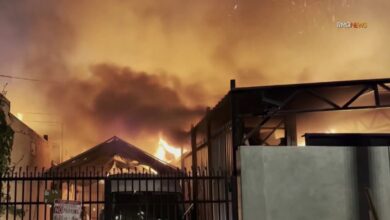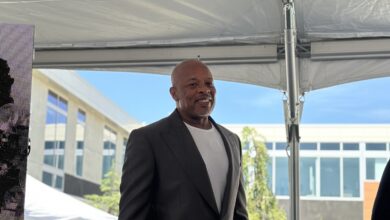Comparing Histories: Black and Japanese American Advocates Talk Reparations and Justice
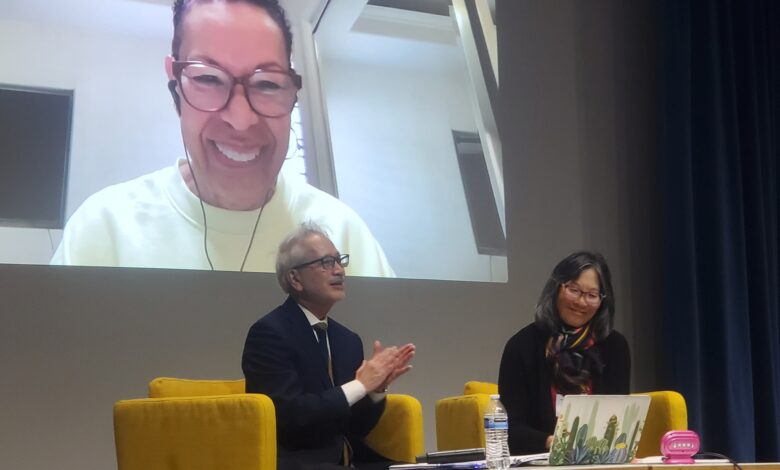
By Antonio Ray Harvey | California Black Media
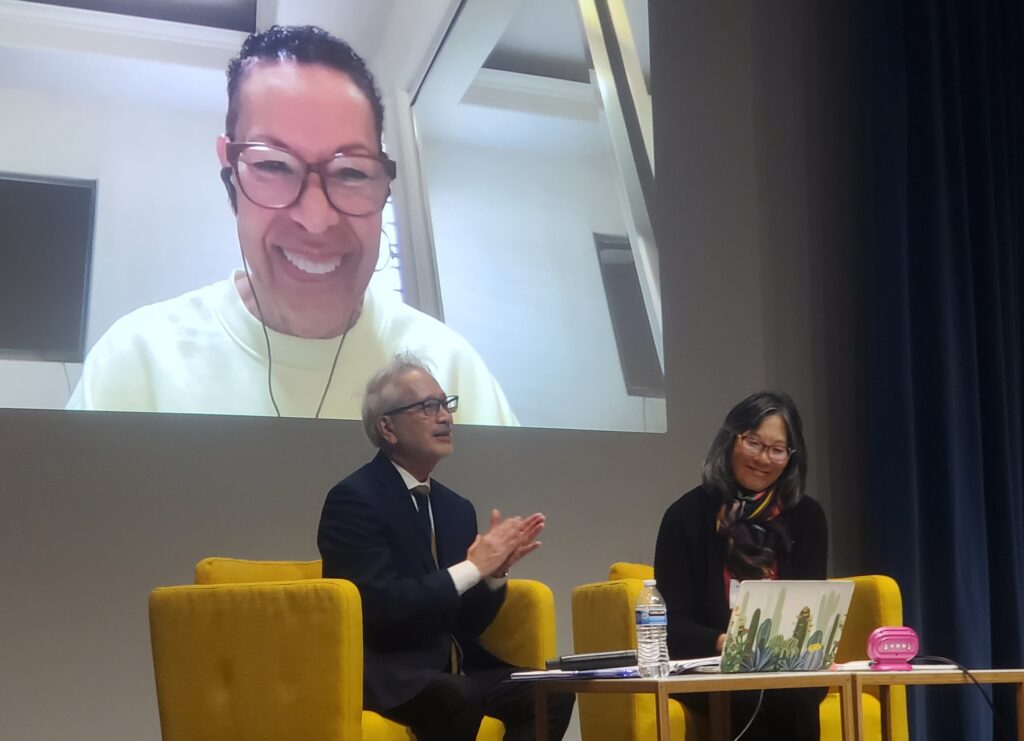
Two former members of the California Task Force to Study and Develop Reparation Proposals for African Americans shared some of their experiences developing a 1,075-page report that detailed injustices suffered by African Americans during and after chattel slavery.
Los Angeles-based clinical psychologist Dr. Cheryl Grills and Bay Area-based attorney Don Tamaki, who were part of the nine-member reparations panel spoke at the “Justice Through Action: Black Reparations-Reparative Justice” event hosted by local chapters of the Japanese American Citizens League (JACL) in Sacramento on Feb. 8.
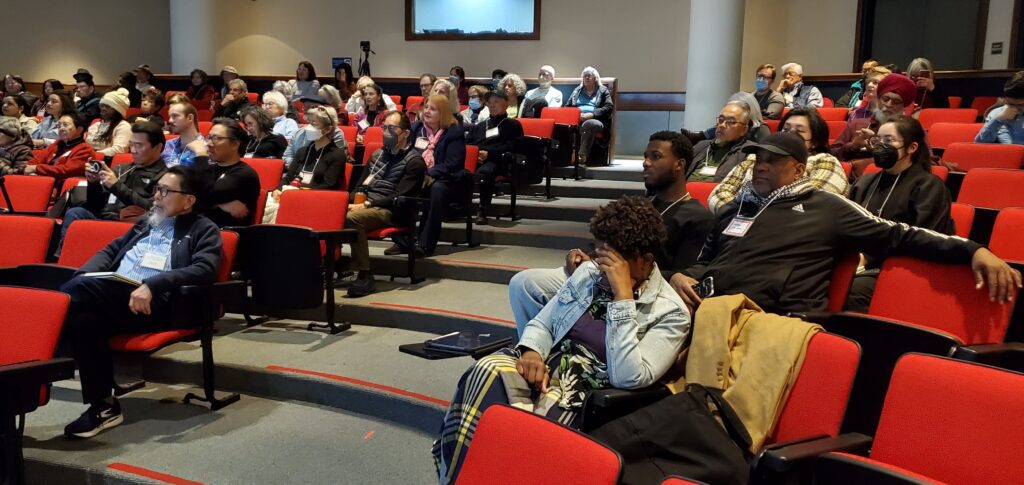
The event was held at the California Museum.
“The first impact that the overall report had on me is that it gave me a panoramic view and it was a panoramic view of the elephant in the room,” Grills, who attended the event virtually, told the audience.
“The way America teaches about our history, American history, gives us little snippets and little pieces. It’s definitely watered down,” Grills added.
However, Grills said the report the task force compiled presented a version of the Black experience in America that was not diluted.
“You could see the totality of the elephant,” she said. “The report gives you the fullness and density of the elephant, which was, at the same time, validating, overwhelming, and painful.”
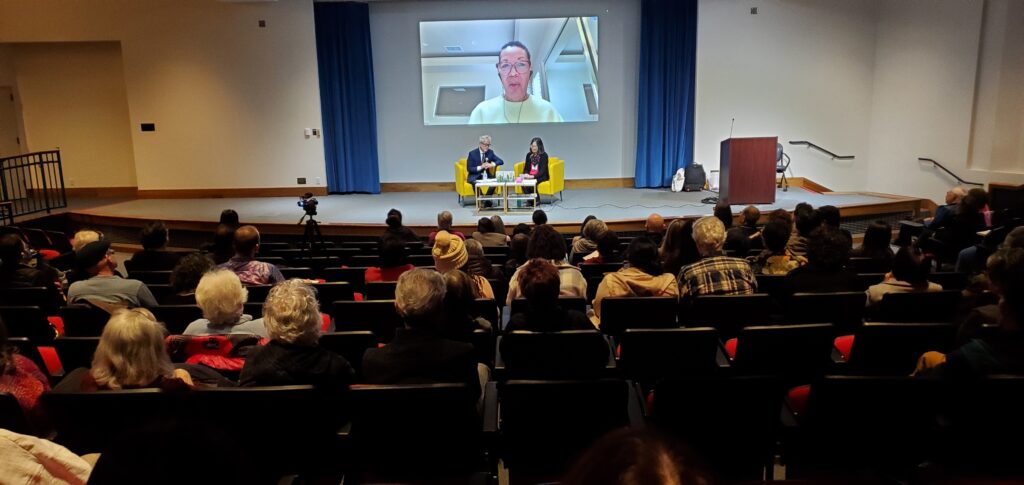
Thefinal reparations report was submitted to Gov. Gavin Newsom and the legislature on June 29, 2023, after the task force completed a two-year study that proposed a comprehensive reparations plan.
Assembly Bill (AB) 3121 authored by then-Assemblymember Shirley Weber and enacted on Sep. 30, 2020, established the state’s reparations task force.
“California has historically led the country on civil rights, yet we have not come to terms with our state’s ugly past that allowed slaveholding within our borders and returned escaped slaves to their masters,” stated Weber, who is now Secretary of State.
The JACL is the nation’s oldest and largest Asian American-Pacific Islander Civil Rights Organization. It is focused on securing and safeguarding the civil and human rights of Asian and Pacific Islander Americans (AAPI) and all communities who are affected by injustice and bigotry.
The JACL presentation was hosted to observe the 83rd anniversary of Executive Order 9066, which led to the incarceration of 120,000 Japanese Americans during World War II.
That panel was part of the Northern California Time of Remembrance (NCTOR) committee’s Annual Day of Remembrance program organized in partnership with the California Museum.
Tamaki, who is Japanese American and the only non-Black member of the task force, said the Black and Japanese experiences in America have some parallels but there are significant differences as well.
“When you look at reparations, and this was the eye opener to me, it’s actually a unifying concept,” Tamaki said. “There’s no equivalence between four years in a concentration camp that our community experienced and 400 years of oppression.”
Tamaki explained, “We do have some things in common. Japanese know something about mass incarceration and profiling and the consequences. In that respect, there is a reason for all of us, whatever our background, to start looking at (reparations). We have to cure the body and not just put a band-aid on it.”
Grills is a clinical psychologist whose work focuses on community psychology. A Professor of Psychology at Loyola Marymount University, she us also a past president of the Association of Black Psychologists.
Tamaki is a senior counsel at Minami Tamaki LLP. He has spent decades working with AAPI legal services programs. In the 1980s, he participated in the Japanese American reparations movement and served on the pro bono legal team that reopened the landmark 1944 Supreme Court case of Fred Korematsu.
The case resulted in overturning Korematsu’s criminal conviction for violating the incarceration order that led to the imprisonment of 125,000 Japanese Americans after the attack on Pearl Harbor.
Tamaki was the lone non-Black member of the nine-member Reparations Task Force.
At the 2025 NCTOR event, presented by local chapters of the Japanese American Citizens League (JACL), several Japanese, Jewish and other non-Black groups in California conveyed their support for reparations for Black American residents of the state who are descendants of enslaved people.
Earnest Uwazie, a Sacramento State University criminal justice professor and director of the Center for African Peace and Conflict Resolution, was one of more than 100 persons who listened to the two-hour discussion.
“I thought the event was great,” said Uwazie. “It’s always great to hear from the people involved in the study of reparations and it is good to get a comparative with the Japanese experience. This was extremely informative.”

